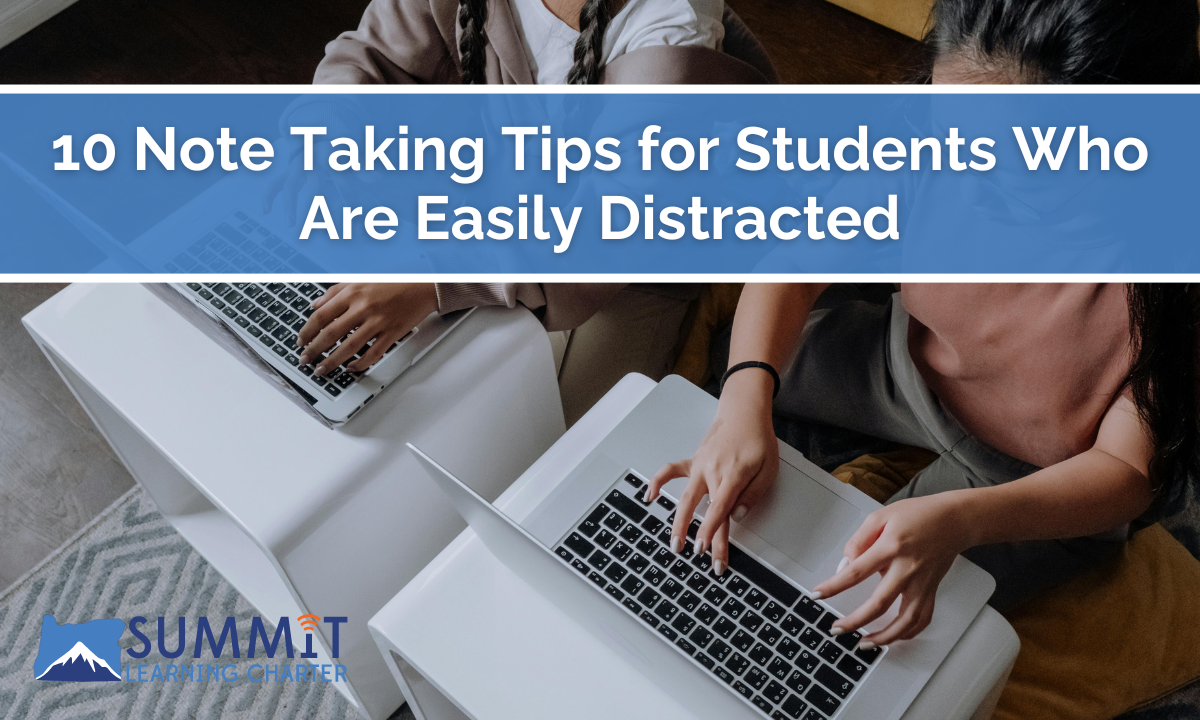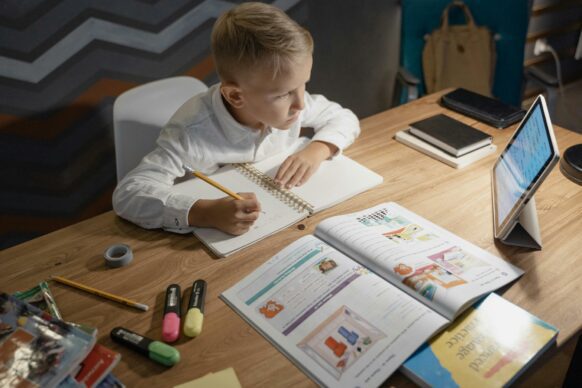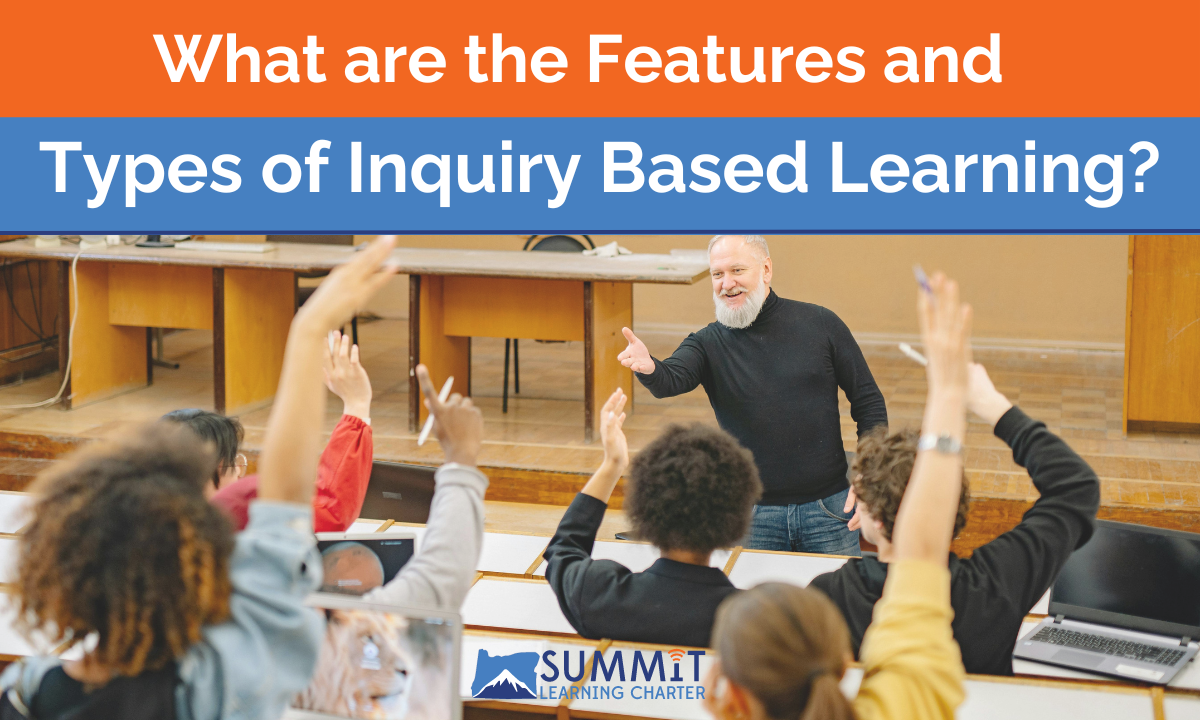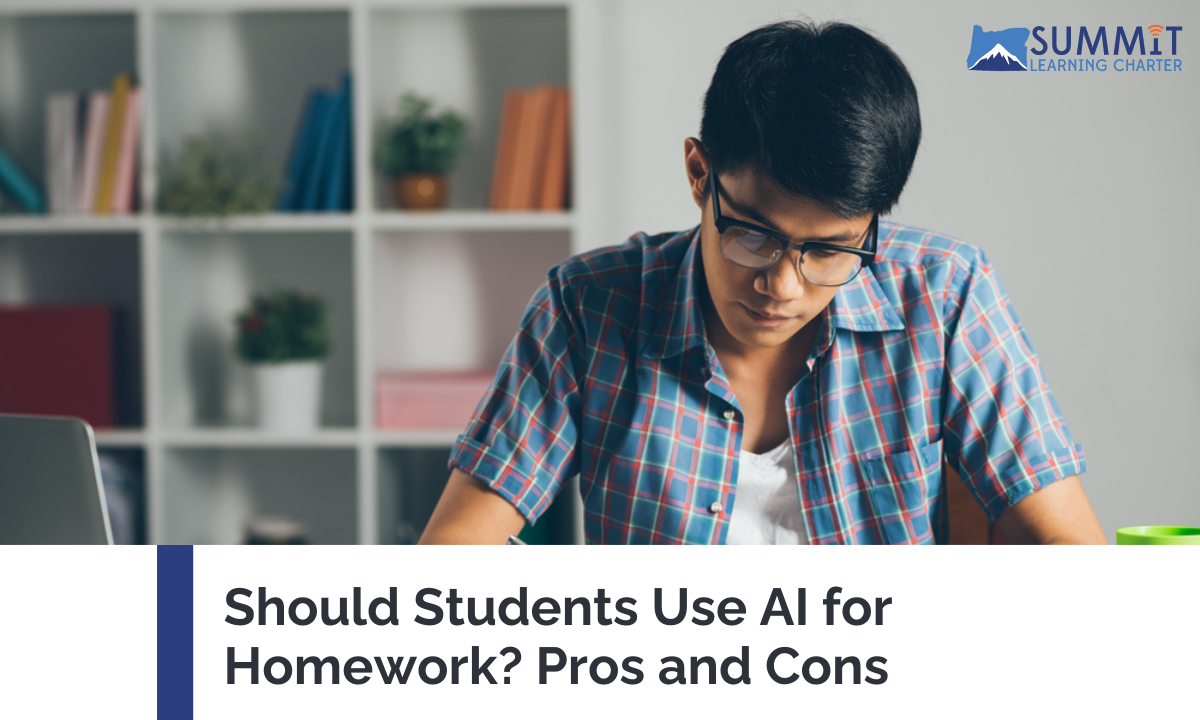
10 Note Taking Tips for Students Who Are Easily Distracted
Do you sometimes find it hard to pay attention during class? Does your mind tend to wander? If so, you’re not alone.
Many students struggle to stay focused, especially during long lectures or study sessions. Note taking is one of the best ways to prevent yourself from getting distracted, help you stay engaged, and organize your learning – and you can take your notes by hand or digitally on your computer!
Research shows that taking notes helps students absorb and retain information more effectively, leading to better outcomes and higher student achievement. But note taking is an acquired skill. It takes practice and time to learn the strategies that work best for you.
Fortunately, there are some tried and true methods for taking notes and using them to study for your classes. We’re here to break down our top 10 note taking tips for distracted students!
1. Practice Active Listening
Taking great notes and retaining the information you learn in class starts with listening skills. You may have heard the term “active listening,” which is a communication technique commonly used in counseling and conflict resolution. But active listening is also helpful in education. In a virtual school context, active listening means giving your full attention to the person speaking (an instructor or classmate, for example) and deeply engaging with what’s being said.
Active listening is about truly processing and reflecting on the information you receive. That means you won’t just focus better in class – you’ll also be able to organize your thoughts (and notes) more clearly.
2. Use Bullet Points, Numbered Lists, and Diagrams

It’s easy for students to focus so intently on taking notes that they overlook the importance of being able to understand them later on. Trying to find information is more difficult when you’re looking at a wall of text. Instead, breaking information up using visual aids such as bullet points, lists, and even diagrams can be helpful.
One great way to ensure your notes are legible and that you can find important information is to take your notes digitally using a word processor like Google Docs. At SLC, all our students have their own Google Drives where they can save and share their class notes. Digital notes are searchable, so you can quickly find terms and information you need while studying. By utilizing headings, bullet-point lists, and helpful images in your digital notes, the info is even easier to find and understand.
3. Take Breaks to Keep Your Mind Sharp
Taking frequent breaks if possible is a great way to keep yourself focused and engaged. In fact, taking breaks actually increases productivity by reducing stress levels, encouraging mindfulness, and recharging your physical and mental energy. Try to take breaks roughly every 30-60 minutes. You can even set an alarm to remind yourself.
Good things to do during a break include:
- Going for a walk
- Having a snack or beverage
- Chatting with a friend
- Listening to music
- Meditating
- Doing a short exercise
- Taking a quick nap
4. Use Abbreviations
One of the most effective note taking tips for any student is to make use of symbols and abbreviations. This not only helps to improve readability, but also allows you to write or type faster and stay on track. Including more information on fewer pages almost always makes it easier to find what you need in the future. It also improves your ability to retain what you’ve learned.
5. Compare Your Notes with Classmates

Peer support is a foundational tool in education. Comparing notes with your fellow students gives you the chance to learn new note-taking methods, review key pieces of information, and apply what you’ve learned in a more practical, socially stimulating way. This is also a great way to make sure you didn’t miss something important that your classmate may have written down!
With student Google Drives at SLC, learners can instantly share their digital notes with classmates and make comments on each others’ notes to collaborate. This allows you to refine and clarify your notes during group study sessions.
6. Use Color and Highlighting
In addition to using diagrams, lists, and images to break up information, incorporating color-coding into your notes can be a great method of organizing information and underlining critical points. This strategy works for both physical and digital note taking!
You can opt to write or type in a different color for different types of information. For example, you could use green to signify words or terms you need to memorize and red for complex information that you need to read up on before a test. You can also use highlighters to draw the eye to specific information.
7. Take Notes in Your Own Words
One of the most underrated but effective note taking tips for students is to take notes in your own words rather than simply writing or typing exactly what you’re hearing or reading.
When you take down the speaker’s words verbatim, you can be sure you’re hearing the individual words correctly. But are you truly understanding them? When you make yourself rephrase the information in your own words, you force your mind to process what’s actually being said.
8. Remove Distractions
Limiting distractions in your immediate physical environment is one of the most effective study tips for any online learner. If you’re easily distracted, having a dedicated study area that is quiet, neat, and distraction-free can make all the difference. If you have available space in your bedroom, a separate office, or just a quiet corner of your living space, use this to your advantage.
If you’re struggling to stay focused during class or while studying, you might consider wearing noise-canceling headphones and putting your phone and other non-school-related devices on “do not disturb” while you take your notes.
9. Join a Peer Study Group

If you want to improve your note taking skills and boost your academic performance, one of the best things you can do is to join a peer study group – or start your own!
At SLC, our amazing staff of instructors, advisors, and other student supporters are always here to offer resources and guidance to help you learn in a way that works for you. But your fellow students are another great resource. Studying with your peers and sharing note-taking and study tips can make a big difference!
Related: 6 Ways Virtual Schools Encourage Student Group Collaboration
10. Revise Your Notes After Class
Note taking doesn’t just help you process information during a lecture. It also sets you up for successful studying before a quiz, exam, or assignment. When you revise (rewrite or re-organize) your notes, you’re seeing the information for a second time and engaging with it more deeply.
There are many benefits to reviewing and revising lecture notes after class and before exams, including:
- Increased memorization
- Better concentration
- Improved organization
- Opportunities for critical thinking
One of the advantages of taking notes digitally is that you can easily save multiple drafts to compare, or add in new pieces of information without cluttering the page or erasing your existing notes.
Expand and Refine Your Learning Strategies at Summit Learning Charter
As a fully accredited online K-12 school in Oregon, Summit Learning Charter is committed to helping each and every student reach their full potential. Distractions can be a major challenge, especially for students with ADHD or other diverse learning needs. Our incredible support staff can help you reach your goals and ensure a positive learning experience.
Apply today to join the SLC family and jump into the future of online learning!




